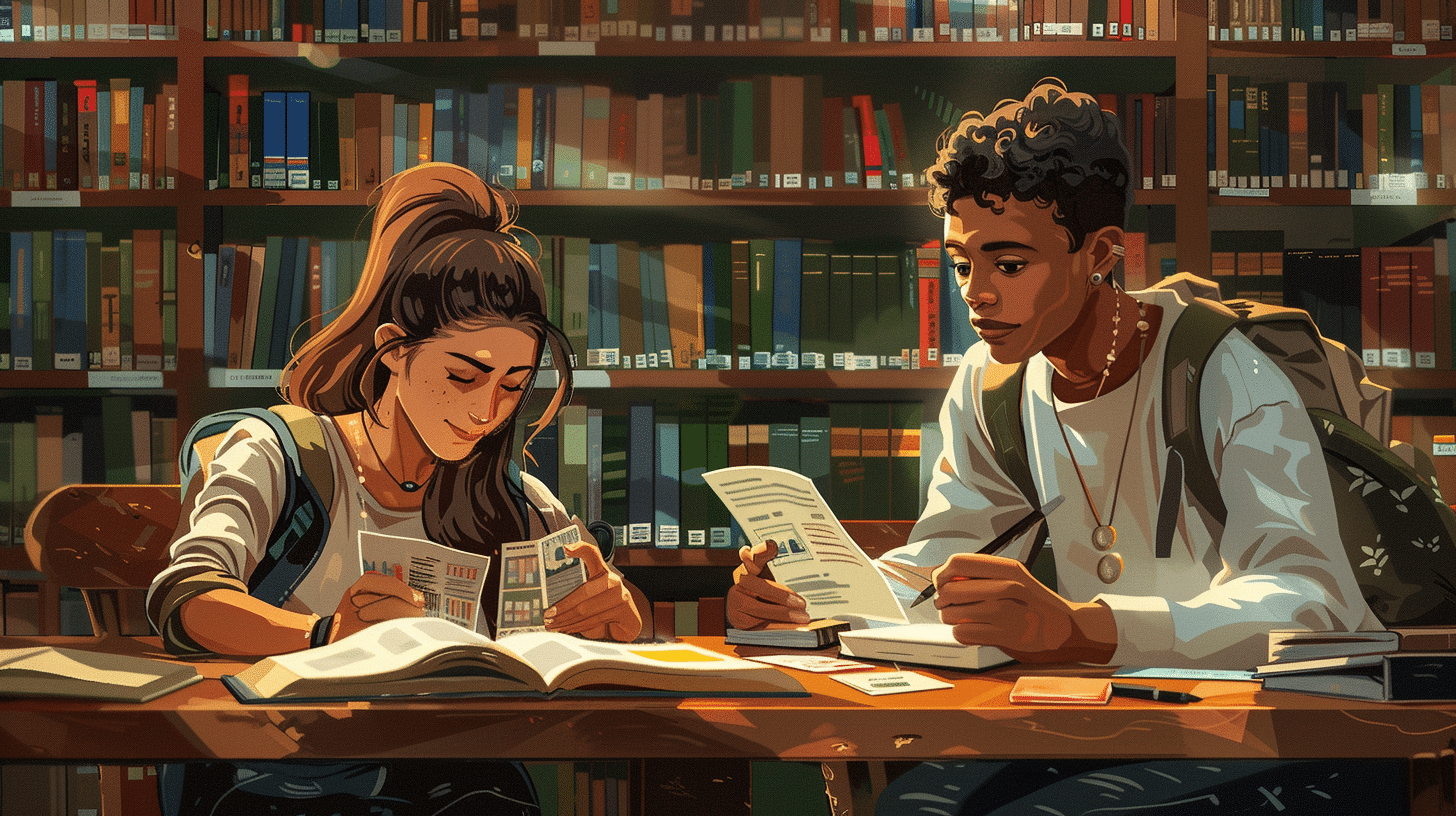Pick a language and start learning!
Agreement of adjectives with nouns Exercises in Icelandic language

In Icelandic, the agreement of adjectives with nouns is a fundamental aspect of the language's grammar that learners must master to achieve fluency. Unlike English, where adjectives remain unchanged regardless of the noun they describe, Icelandic adjectives must match the gender, number, and case of the nouns they modify. This means that an adjective will have different forms depending on whether the noun it describes is masculine, feminine, or neuter, as well as whether it is singular or plural and in the nominative, accusative, dative, or genitive case. Understanding and correctly applying these agreements can significantly enhance your ability to construct accurate and natural-sounding sentences in Icelandic.
Mastering adjective-noun agreement in Icelandic requires not only memorization but also a keen understanding of the language's grammatical structure. This includes recognizing the definite and indefinite forms of nouns and adjectives, and how these forms change in various contexts. For example, the adjective "fallegur" (beautiful) will change to "falleg" when describing a feminine noun in the nominative singular, but will become "fallega" in the accusative singular feminine form. Through a series of targeted exercises, you will practice these variations, reinforcing your understanding and helping you to become more confident in your use of Icelandic adjectives.
Exercise 1
<p>1. Hún er með *fallega* kjól (beautiful dress).</p>
<p>2. Við keyptum *stóra* bíl (big car).</p>
<p>3. Börnin leika sér í *stóru* garðinum (large garden).</p>
<p>4. Hann borðar *heita* súpu (hot soup).</p>
<p>5. Þeir hafa *fallega* húsið (beautiful house).</p>
<p>6. Hún á *góða* vini (good friends).</p>
<p>7. Þau búa í *lítið* þorpi (small village).</p>
<p>8. Kennarinn gaf mér *góða* einkunn (good grade).</p>
<p>9. Við sáum *stóra* fjallið (big mountain).</p>
<p>10. Hún klæddist *fallegri* kjól (beautiful dress).</p>
Exercise 2
<p>1. Hún á *fallegan* hund (adjective for beautiful in masculine singular accusative form).</p>
<p>2. Við keyptum *dýra* bók (adjective for expensive in feminine singular accusative form).</p>
<p>3. Hann býr í *stórri* íbúð (adjective for large in feminine singular dative form).</p>
<p>4. Þau sáu *gaman* leikrit (adjective for funny in neuter singular accusative form).</p>
<p>5. Ég á *gömul* hús (adjective for old in neuter plural nominative form).</p>
<p>6. Hún fann *fallega* blóm (adjective for beautiful in neuter plural accusative form).</p>
<p>7. Við förum á *stóra* hátíð (adjective for big in feminine singular accusative form).</p>
<p>8. Hann á *lítinn* bíl (adjective for small in masculine singular accusative form).</p>
<p>9. Þau búa í *nýju* húsi (adjective for new in neuter singular dative form).</p>
<p>10. Hún á *hávaxinn* vin (adjective for tall in masculine singular accusative form).</p>
Exercise 3
<p>1. Ég á *stóra* bíl (big).</p>
<p>2. Hún keypti *fagra* kjól (beautiful).</p>
<p>3. Við eigum *góðan* vin (good).</p>
<p>4. Hann borðar *græna* epli (green).</p>
<p>5. Þeir spiluðu á *nýjum* gítar (new).</p>
<p>6. Hún á *rauða* peysu (red).</p>
<p>7. Við höfum *gott* veður í dag (good).</p>
<p>8. Hann keypti *stóra* hús (big).</p>
<p>9. Þú átt *fallega* hest (beautiful).</p>
<p>10. Hún les *góða* bók (good).</p>







